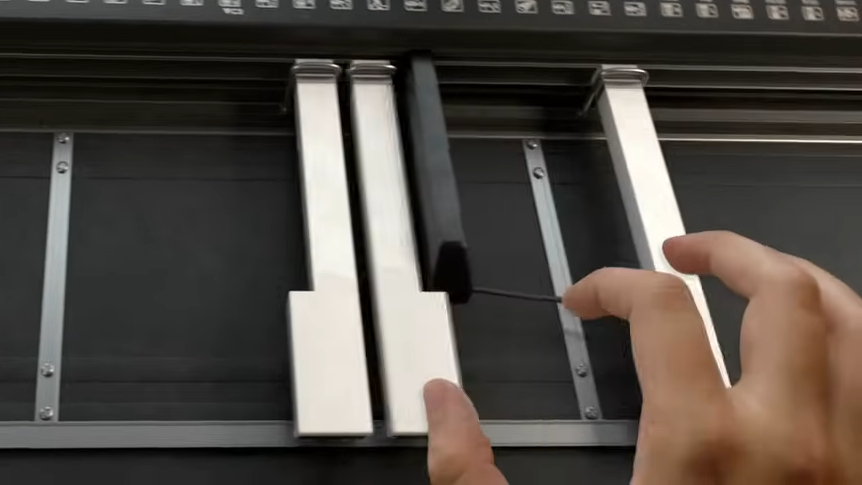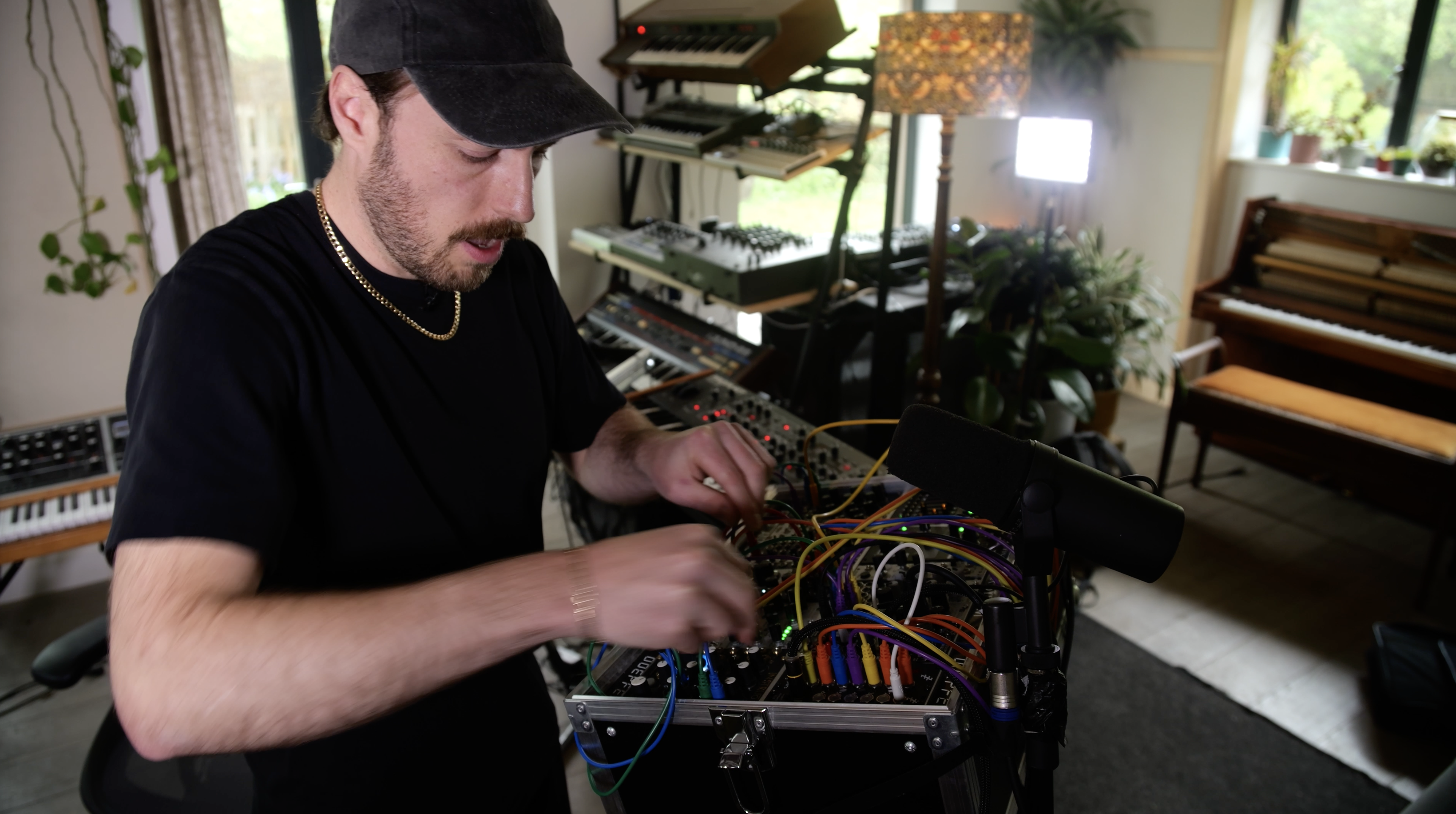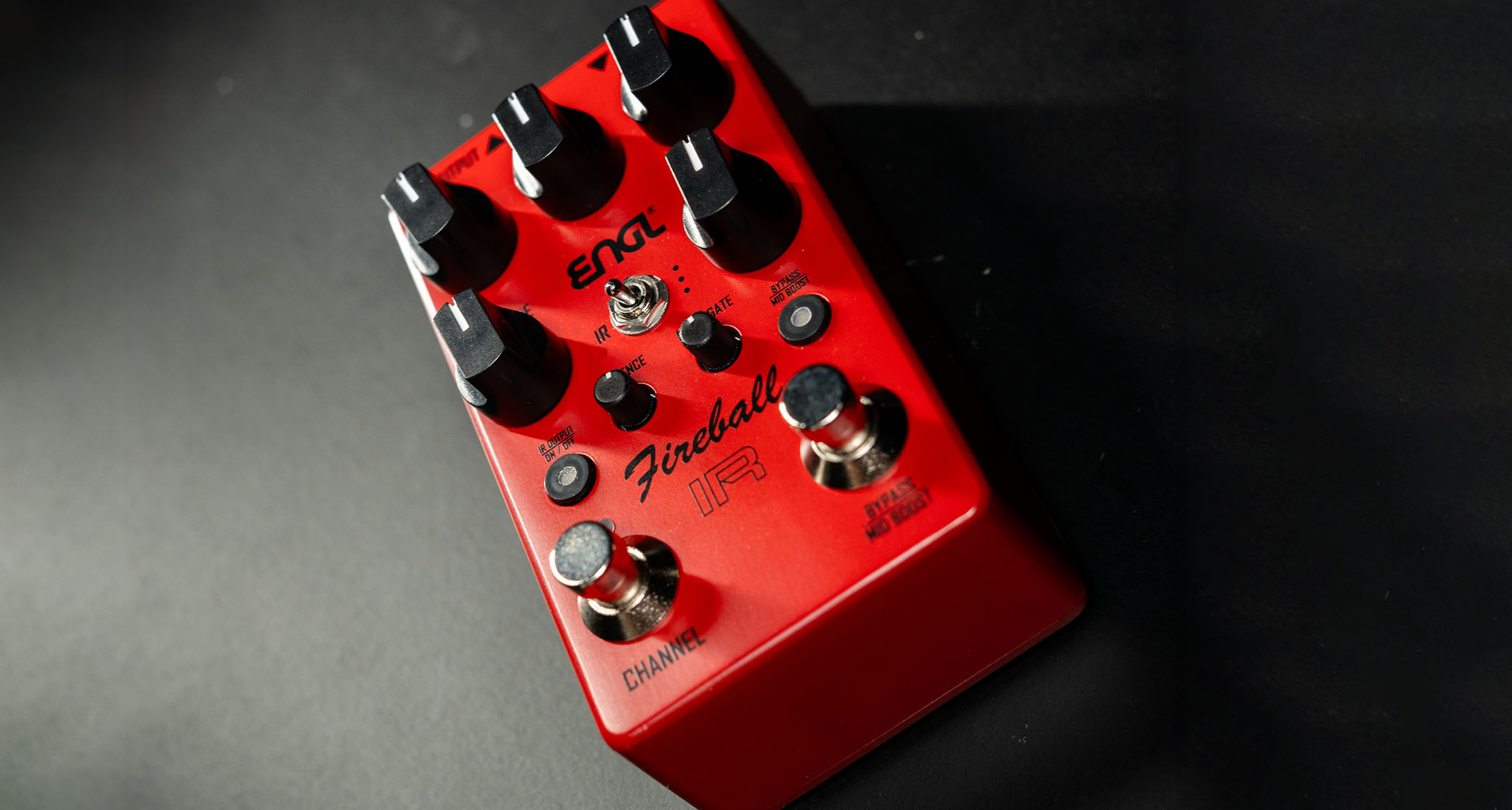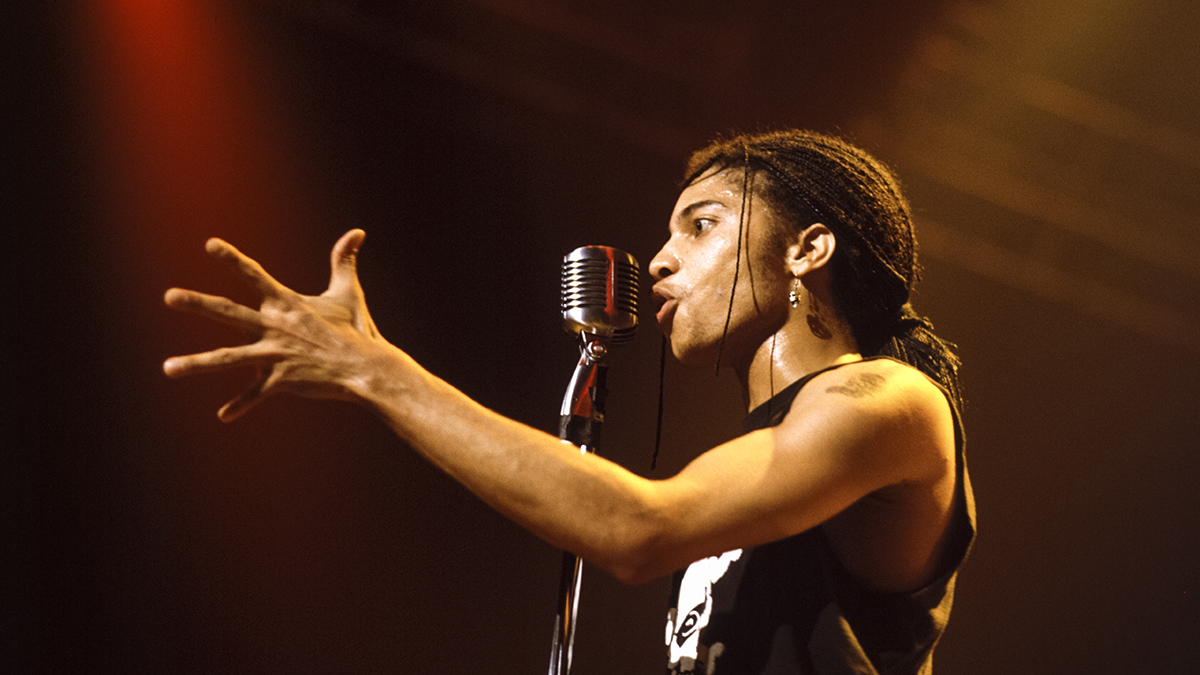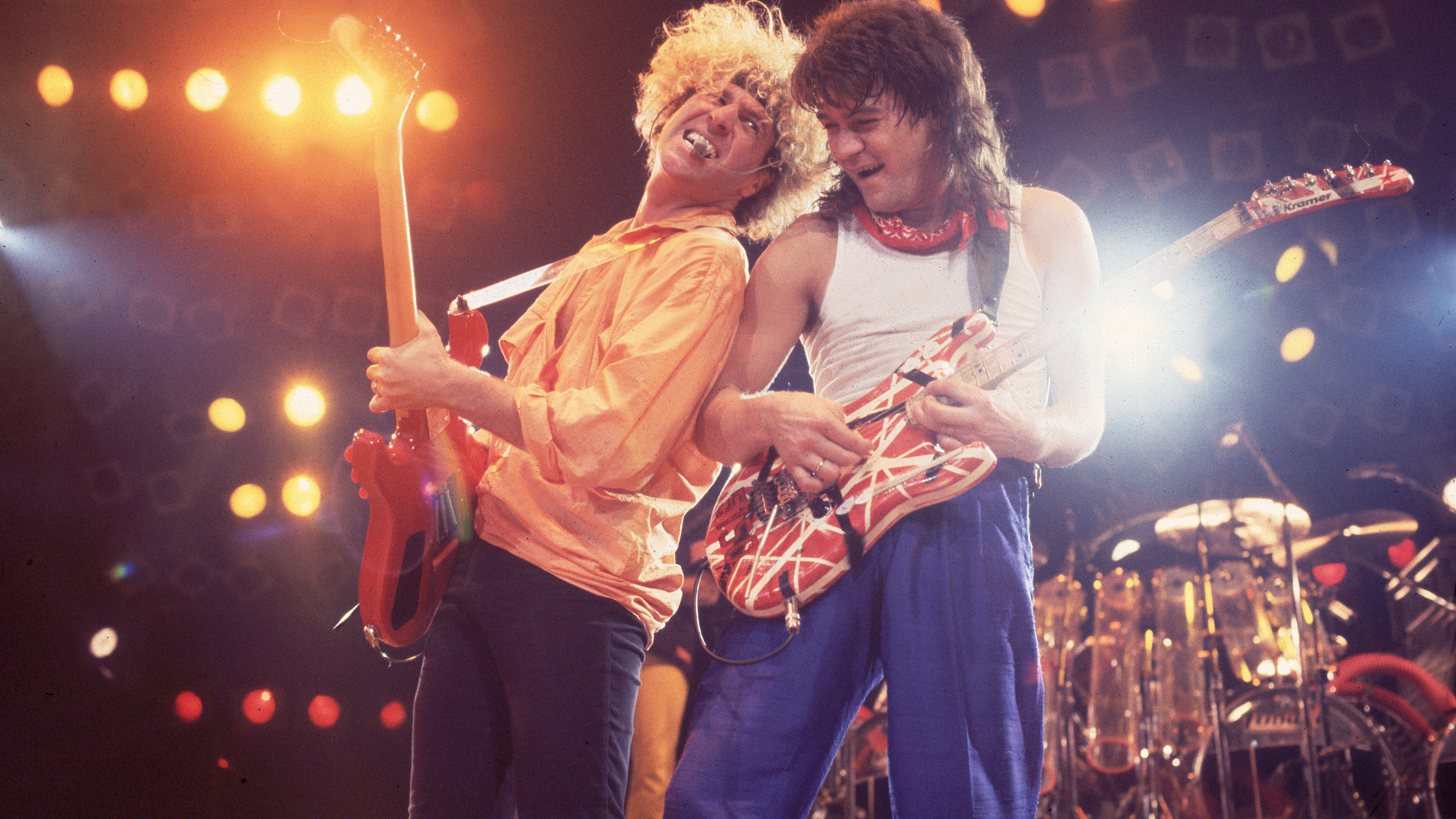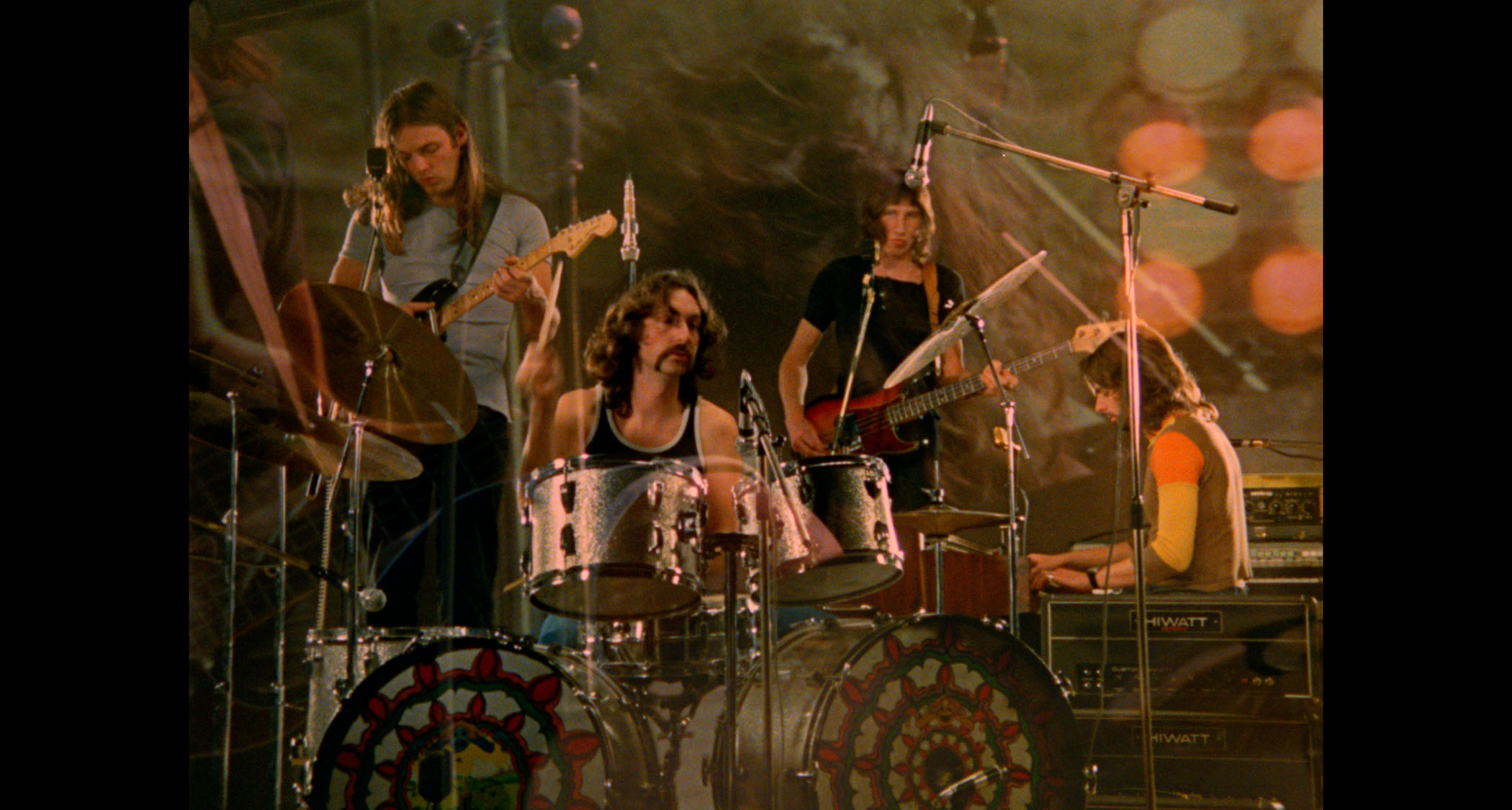“We made somebody 8 million dollars”: Wyclef Jean reflects on The Fugees’ version of Killing Me Softly earning big money for someone else, and how he ended up on “the other side of the game” when DJ Khaled revived a 1999 song he wrote for Santana
“It could be a billion streams of Khaled and Rihanna, but the composition itself is the real estate”
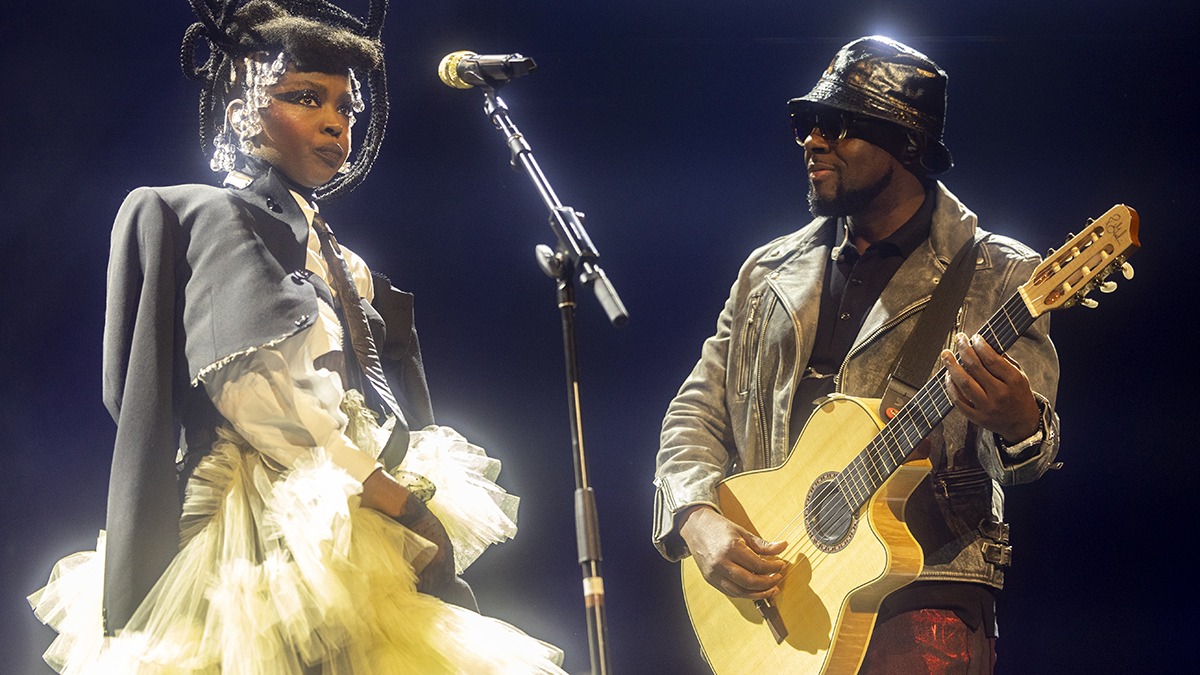
It’s one thing to have a hit record, but if the song isn’t your own composition, your earnings from it are inevitably going to be limited. Such is the experience of Wyclef Jean, who’s been discussing how his band The Fugees’ version of Killing Me Softly With His Song, which was made famous by Roberta Flack, made “eight million dollars” for someone else, before he found himself on the other side of the financial fence when DJ Khaled sampled one of his songs.
Discussing Killing Me Softly, Jean told the 85 South Show: “We ain’t write it, but we performed it and it was amazing. And we made somebody eight million dollars, right? So that mean that, whoever was the composer who wrote it was literally sleeping in his bed, and he made eight million dollars like that [clicks fingers].”
The origins of Killing Me Softly are hotly contested. The song is officially credited to Charles Fox and Norman Gimbel, but Lori Lieberman - who released her own version in 1972, prior to Flack’s cover in 1973, and was managed by Fox and Gimbel - has always maintained that the lyrics were based on ‘poetic notes’ that she wrote on a napkin at a Don McLean gig at the Los Angeles Troubadour in 1971.
Wyclef Jean, though, was most certainly not the writer, and it seems that his experience with Killing Me Softly taught him a valuable lesson in copyright ownership.
“Now look at how big that [Fugees] version is, so that person’s copyright has generated them millions and millions of dollars,” he says of the song. “So this is the game. Royalties, but bigger than royalties: publishing. The game is to own your own copyright and your own compositions. The game is the power of licensing, dig - your publishing is your real estate. You know how once you invest in real estate, it could be 30 years down from now, you still going to get money from that property. You can flip it, do whatever you want to do.”
Wyclef Jean reveals that the original songwriter for the song "Killing Me Softly" made $8 million from Ms. Lauryn Hill's version of the song. Also, Wyclef Jean details the initial phone conversation he had with DJ Khaled, who wanted to sample his song "Maria Maria" for the… pic.twitter.com/Q23Mhm7qauMarch 5, 2024
On what he learned from having a hit with someone else’s song, Jean says that it made him realise that “I need to be on the other side of the game. I need to be on the side of, when I’m 54 I could be sleeping, and then I don’t have to worry about picking up an instrument.”
Fast forward to 2017 and Jean did find himself on the “other side of the game,” when DJ Khaled got in touch with him and asked if he could interpolate Maria Maria, a 1999 Santana song that Jean co-wrote and co-produced for Santana’s Supernatural album, in a song that turned out to be Wild Thoughts, which featured Rihanna and Bryson Tiller.
Get the MusicRadar Newsletter
Want all the hottest music and gear news, reviews, deals, features and more, direct to your inbox? Sign up here.
“I owned the majority of the song,” says Jean, “so I hit up the godfather, Santana, and I just put him with Khaled, but keep in mind that the actual composition itself is a Wyclef/Jerry Wonda [Duplessis] composition, so that means that.. we’re talking big now. We’re talking ‘bout, ‘we own the building, and you gotta pay rent for the building’.
“So now, DJ Khaled gets Rihanna, Bryson Tiller, makes it a hit,” says Jean, before recalling that, when he wrote Maria Maria, “I was a baby and I sat on the keyboard and was like [sings Maria Maria’s bassline]. Now, what does that mean? That’s a billion streams.”
However, as Jean points out: “It could be a billion streams of Khaled and Rihanna, but the composition itself is the real estate”.
Of course, hip-hop has been built on sampling and interpolation, and The Fugees aren’t the only artists to have a huge hit that ended up paying someone else’s bills. In 2023, for example, Diddy said that he has to pay Sting $5,000 a day for his use of the Every Breath You Take sample in I’ll Be Missing You, his 1997 hit (as Puff Daddy) with Faith Evans.



I’m the Deputy Editor of MusicRadar, having worked on the site since its launch in 2007. I previously spent eight years working on our sister magazine, Computer Music. I’ve been playing the piano, gigging in bands and failing to finish tracks at home for more than 30 years, 24 of which I’ve also spent writing about music and the ever-changing technology used to make it.


